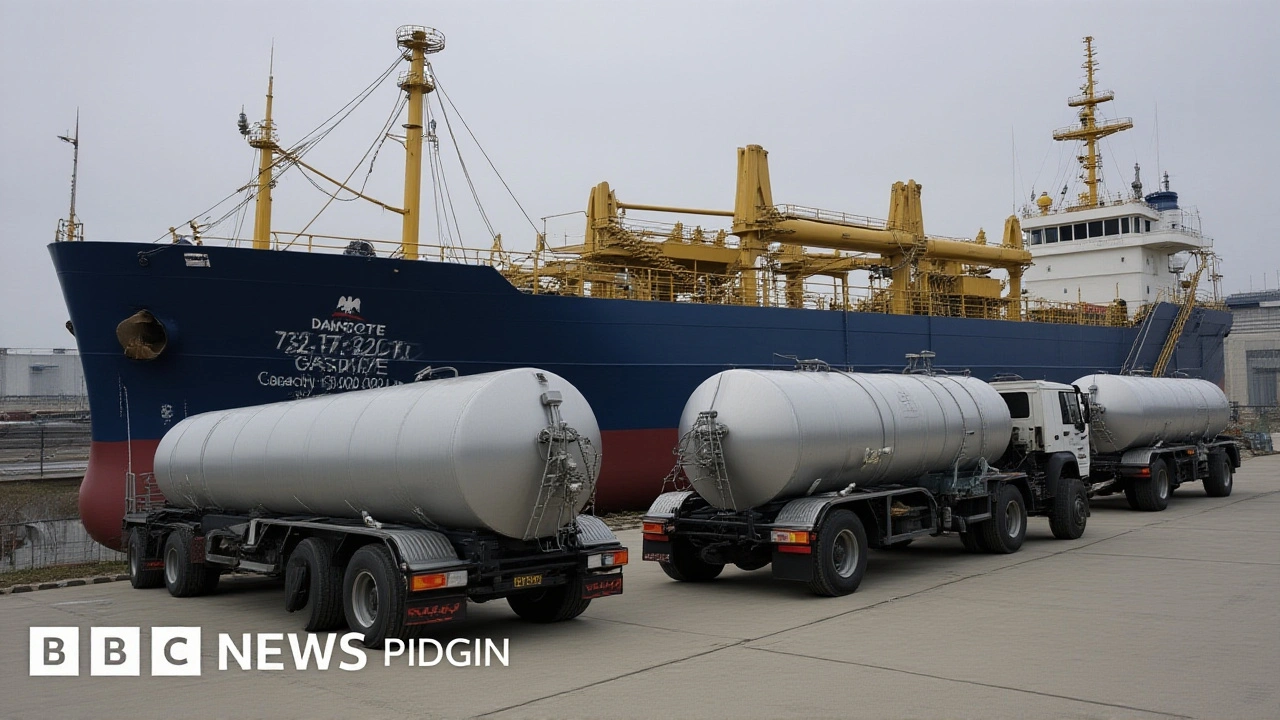Nigeria Fuel Supply: Updates, Challenges and Outlook
When talking about Nigeria fuel supply, the flow of petrol and diesel to homes, businesses and transport across the country. Also known as fuel distribution in Nigeria, it shapes daily life and the national economy.
Why the supply chain matters
One core driver is refinery capacity, the daily amount of crude a plant can turn into usable fuel. When capacity drops, the whole system feels the pinch – stations run low, prices jump and commuters scramble for a tankful. In fact, Nigeria fuel supply hinges on how many barrels each refinery can handle, which directly links to the country's energy security.
Another key piece is the fuel subsidy, government payments that lower retail fuel prices for consumers. Subsidies lower the cost at the pump, but they also strain budgets and can discourage investment in new refineries. The balance between affordable fuel and sustainable financing shapes policy debates every year.
Because domestic refineries rarely meet demand, import dependency, the reliance on foreign crude and refined products becomes a reality. Ports receive shipments from neighboring countries, and any hiccup in the global market ripples straight into local stations. This dependency ties fuel availability to international oil prices, shipping schedules and diplomatic ties.
Energy policy ties all three together. The government’s long‑term plan aims to expand refinery capacity, adjust subsidy formulas and boost local production. When policy aligns with market realities, the supply chain stabilises; when it diverges, shortages and price spikes follow. Recent reforms have focused on attracting private investment to modernise old plants and reduce import reliance.
For everyday Nigerians, the impact is simple: fuel price, pump availability and travel reliability. Businesses watch the price board to set logistics costs, while commuters check station queues before heading out. Understanding the interplay of capacity, subsidies and imports helps anyone gauge whether a price rise is a short‑term blip or a sign of deeper structural shifts.
The articles below dive into a wide range of current events – from regional politics to sports highlights – showing how interconnected news stories can influence the broader landscape, including the fuel market. Scroll down to see the latest coverage that puts these supply‑chain dynamics into real‑world context.

PENGASSAN Strike Hits Dangote Refinery, Threatens Nigeria’s Fuel Supply
PENGASSAN ordered a shutdown of the Dangote refinery on Sept 27, 2025, sparking a strike that threatened Nigeria's fuel supply. Government mediation halted the walkout, but sabotage and reduced crude purchases linger.